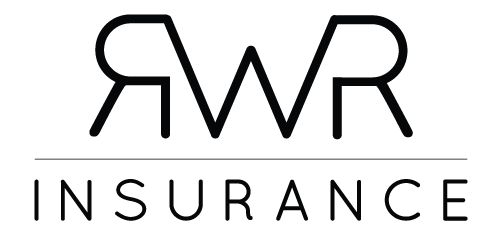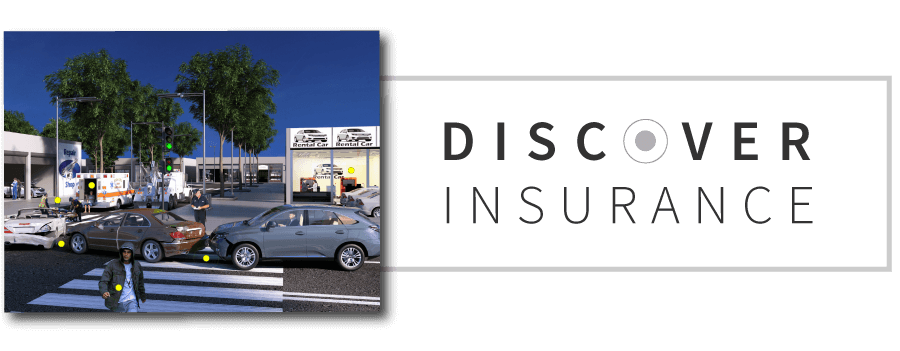What is the IQRM?
The IQRM is a quantifiable risk assessment tool consisting of a systematic method to better understand the risk issues facing your organization. It also benchmarks performance against ideal industry standards and facilitates the design of risk control and mitigation strategies. Each module has been crafted by one or more subject matter experts.
The IQRM measures exposures and determines the general effectiveness of strategies to manage risk. Most importantly, the IQRM facilitates our ability to improve your organization’s risk profile.
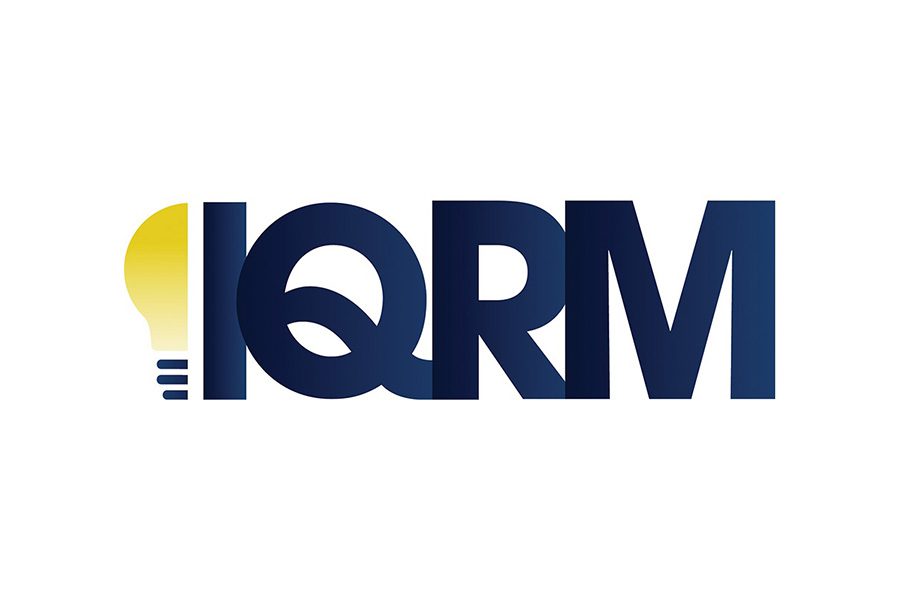
The IQRM topics address a wide variety of risk issues that face your business or family. The roll out of new modules is a continuous process so click the link below to see the full list of the currently available assessments.
The IQRM Modules Facilitate Your Ability To:
- Become better educated about risk issues facing your organization.
- Benchmark performance against ideal industry standards.
- Consider best practices to control and mitigate risks.
- Access reference resources to gain further knowledge of the implications of risk.
- Design an action plan to improve the IQRM score.
- Have a positive impact on business performance by taking an enterprise-wide solutions approach.
- Leverage the IQRM improvement process to achieve positive results in the insurance marketplace.
What is the Scoring Process?
The IQRM is designed to evaluate your organization’s management of risk. The scoring system determines effectiveness through the assessment of policies, procedures, and controls.
When evaluating risks based on the criteria contained in the risk check survey, you should consider the following in determining effectiveness:
Activities
Tasks and actions that create or implement risk management policies, practices, procedures, and programs.
Behaviors
Actions and conduct that affect performance—positively or negatively.
Internal Controls
Internal processes, assessments, and framework for ensuring compliance with program goals.
Internal Assessments
Risks that have the potential to cause loss, peril, or vulnerability; or that create opportunities for organizational success.
Outcomes
Qualitative and quantitative measurements and metrics that assure the achievement of risk management and organizational goals and objectives.
